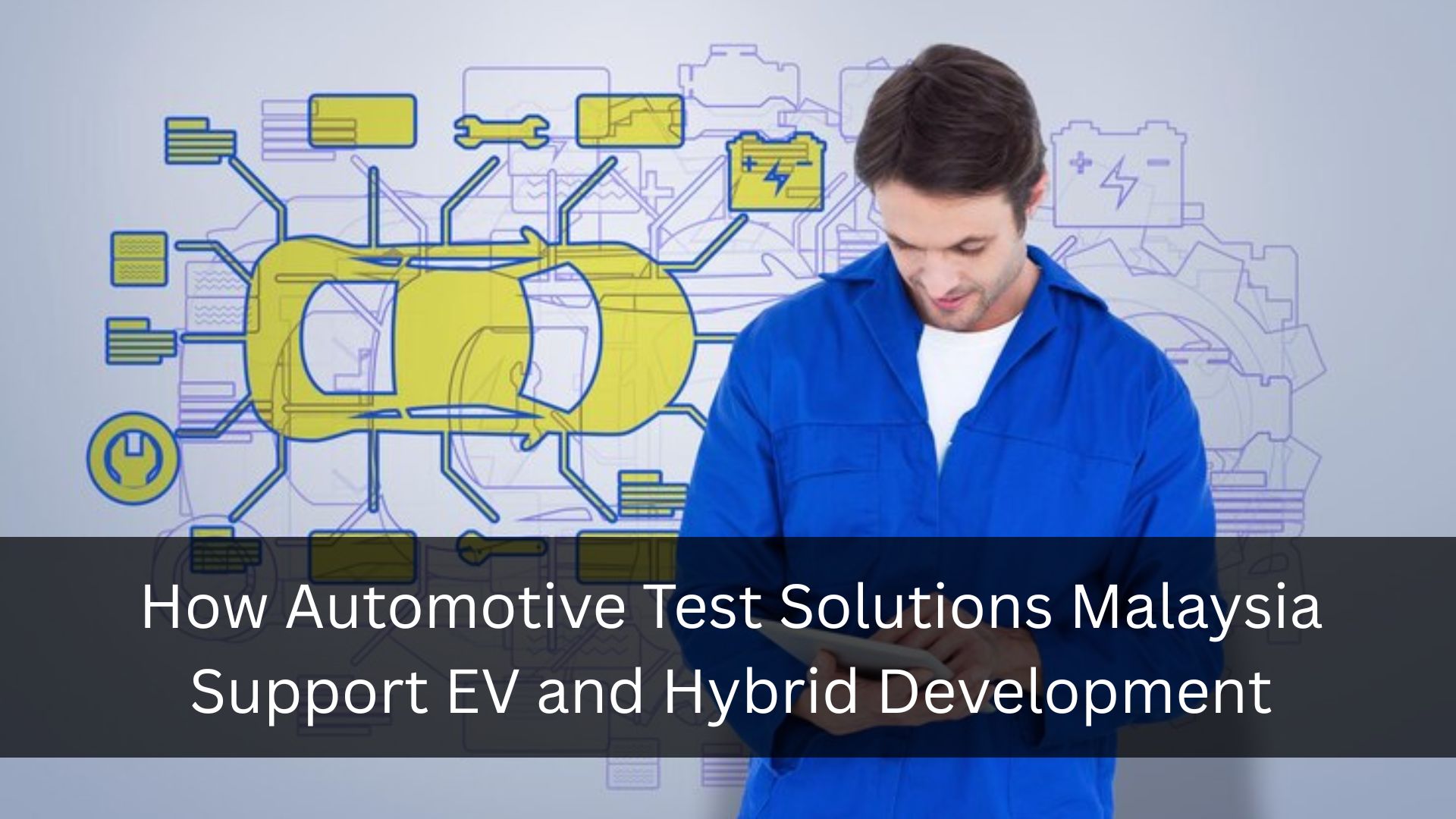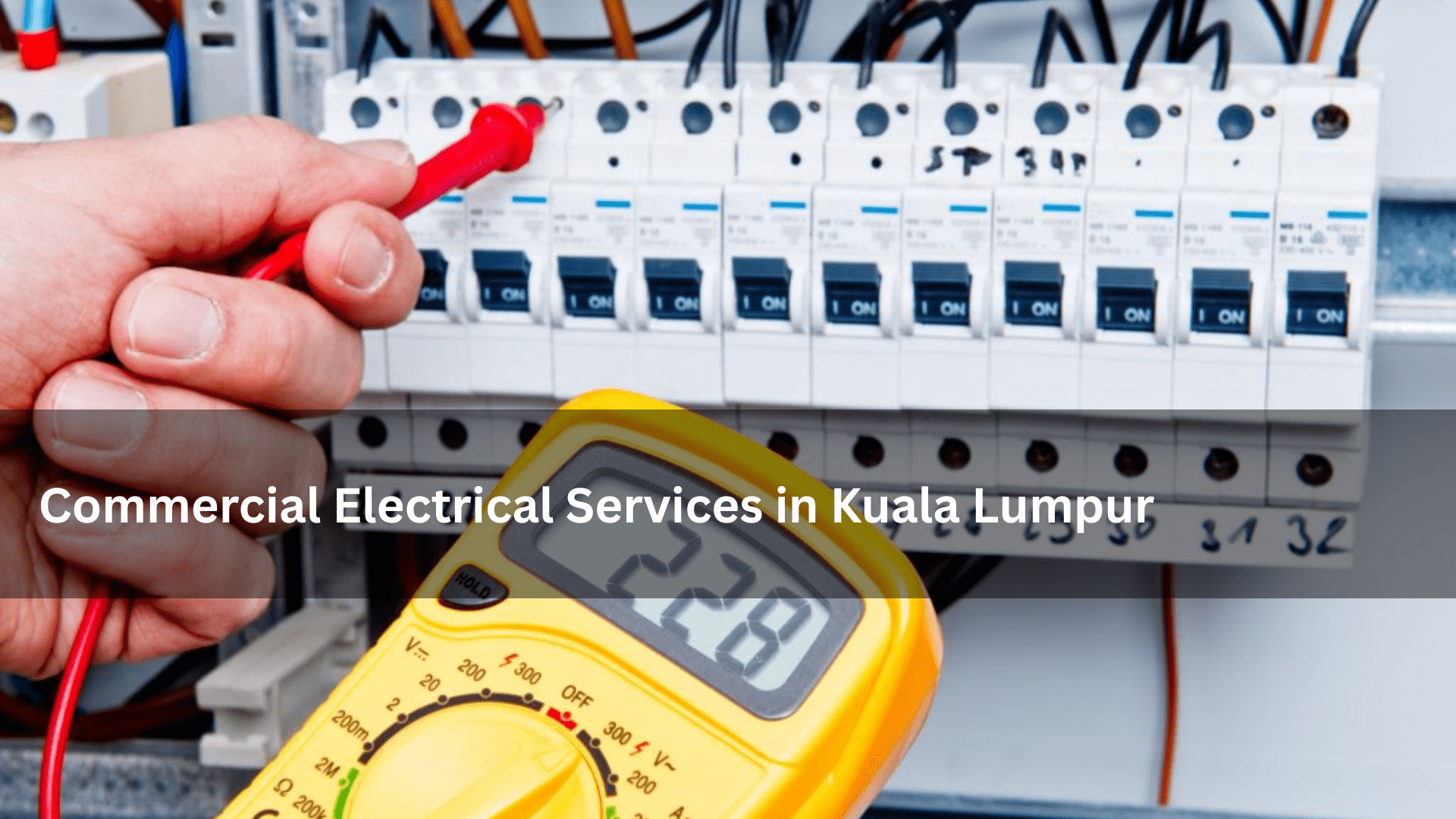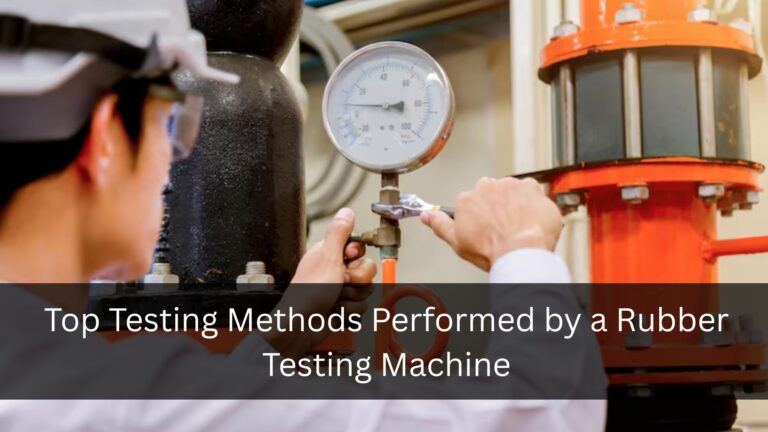The Growing Importance of Automotive Test Solutions Malaysia in the EV Sector
With Malaysia setting ambitious targets under the Low Carbon Mobility Blueprint and National Automotive Policy (NAP), the spotlight is now on electric mobility. Automotive Test Solutions Malaysia provide the technical backbone to support this shift, ensuring that vehicles meet safety, environmental, and performance benchmarks.
Unlike traditional internal combustion engine (ICE) vehicles, EVs and hybrids introduce complex components such as high-voltage battery systems, regenerative braking, and electric motors. Each of these systems requires a different testing approach. This is where Malaysia’s test centers, equipped with modern tools and localized expertise, play a pivotal role.
Battery Safety Testing with Automotive Test Solutions Malaysia
One of the most critical areas in EV development is the lithium-ion battery system. These batteries can pose serious risks if not properly tested—ranging from overheating and leakage to fires or explosions under stress. Automotive Test Solutions Malaysia include comprehensive battery testing procedures designed to evaluate thermal management, energy density, impact resistance, and cycle life.
High-speed data acquisition systems, thermal chambers, and fire simulation setups ensure these batteries are tested under real-world and extreme conditions. This ensures Malaysian consumers receive vehicles that are not only efficient but also safe and reliable in the long term.
Automotive Test Solutions Malaysia for Powertrain and Efficiency Evaluation
The powertrain in an EV or hybrid vehicle is dramatically different from a combustion engine. Electric motors, inverters, and controllers need rigorous validation under various loads and operating environments. Automotive Test Solutions Malaysia enable manufacturers to simulate real driving conditions to assess power delivery, torque performance, efficiency, and durability of electric drivetrains.
These tests often involve dynamometers and lab-based driving simulations. Malaysia’s test labs also analyze how hybrid systems transition between electric and gasoline modes, ensuring a seamless and safe driving experience for users.
Automotive Test Solutions Malaysia and Regenerative Braking Validation
Regenerative braking, a key feature in hybrids and EVs, recaptures kinetic energy and stores it in the battery. While energy-saving, this system must operate flawlessly with mechanical brakes for safety. Automotive Test Solutions Malaysia include specialized brake testing rigs to measure response times, stopping distances, and energy recovery efficiency.
Testing under wet, dry, and high-speed conditions is essential to ensure these complex systems can handle Malaysia’s variable driving environments. These validations help prevent braking issues that could otherwise pose a danger on roads.
Supporting Emission and Noise Testing with Automotive Test Solutions Malaysia
Although EVs don’t emit tailpipe gases, hybrids still operate on fuel part-time, and all vehicles must comply with regulations on noise, vibration, and harshness (NVH). Automotive Test Solutions Malaysia feature semi-anechoic chambers and emissions test benches to measure pollutants and noise levels during hybrid mode operation.
As Malaysia aims for cleaner cities and lower carbon emissions, these testing protocols ensure vehicles meet global standards like Euro 6 or WLTP, keeping local automakers competitive on the international stage.
Custom EV Infrastructure Testing via Automotive Test Solutions Malaysia
Charging stations, connectors, and onboard charging units are part of the broader EV ecosystem. Automotive Test Solutions Malaysia don’t just focus on vehicles—they also evaluate the safety and interoperability of charging infrastructure.
Through simulated charging scenarios, these tests ensure that battery packs interact safely with charging points, avoiding risks like overcharging, overheating, or fire. This holistic approach helps Malaysia create a safer EV infrastructure that promotes user confidence and accelerates adoption.
Automotive Test Solutions Malaysia and Advanced Driver-Assistance Systems (ADAS)
Modern EVs and hybrids often come equipped with ADAS features such as autonomous parking, lane-keeping assist, and emergency braking. These systems rely heavily on sensors, radar, and artificial intelligence. Automotive Test Solutions Malaysia include software-in-the-loop (SIL) and hardware-in-the-loop (HIL) testing setups that simulate real-world scenarios.
Using virtual environments and test tracks, developers validate how these systems react to traffic, weather changes, and pedestrian movement. This testing ensures these intelligent safety features work accurately in Malaysia’s urban and rural road conditions.
Collaborations and R&D Growth in Automotive Test Solutions Malaysia
To keep up with rapid innovation, Automotive Test Solutions Malaysia often partner with universities, automotive R&D centers, and international testing firms. These collaborations enable the country to access the latest testing technologies and methodologies.
For instance, local testing hubs are now exploring AI-assisted defect detection and real-time performance analytics. The rise of test automation and smart lab systems is also helping reduce the time-to-market for EVs and hybrids produced in Malaysia.
Government Support Fuels Automotive Test Solutions Malaysia
Public policy plays a huge role in the growth of Malaysia’s testing infrastructure. Under the National Automotive Policy and MyEV program, incentives are offered for testing upgrades, R&D, and EV development. This directly boosts the capabilities of Automotive Test Solutions Malaysia, ensuring the country keeps pace with global EV innovation.
Tax breaks, grants, and industry clusters like the Automotive Hi-Tech Valley (AHTV) in Tanjung Malim further encourage investments in testing infrastructure. This ecosystem benefits not only vehicle manufacturers but also component suppliers, battery makers, and software developers.
Challenges Ahead for Automotive Test Solutions Malaysia
Despite these strengths, some challenges persist. Keeping up with the evolving global standards for EVs and hybrids requires constant upgrades in testing protocols and equipment. There’s also a growing need for skilled engineers who understand electric power systems, digital safety testing, and battery chemistry.
Additionally, as Malaysia moves toward autonomous mobility, Automotive Test Solutions Malaysia must expand to include testing for V2X (Vehicle-to-Everything) communications, cybersecurity, and AI algorithms. Addressing these challenges will ensure Malaysian-made EVs remain competitive on the world stage.
Conclusion: Accelerating EV and Hybrid Innovation with Automotive Test Solutions Malaysia
As the global automotive sector accelerates toward electrification, Malaysia must rise to the challenge with robust support systems. Automotive Test Solutions Malaysia form the backbone of this transformation, ensuring that every electric or hybrid vehicle meets the highest safety, performance, and regulatory standards.
From battery testing to ADAS validation, these solutions provide critical assurance to consumers, automakers, and regulators. With continued investment, innovation, and policy backing, Malaysia’s automotive testing landscape is well-positioned to support the future of sustainable mobility.










